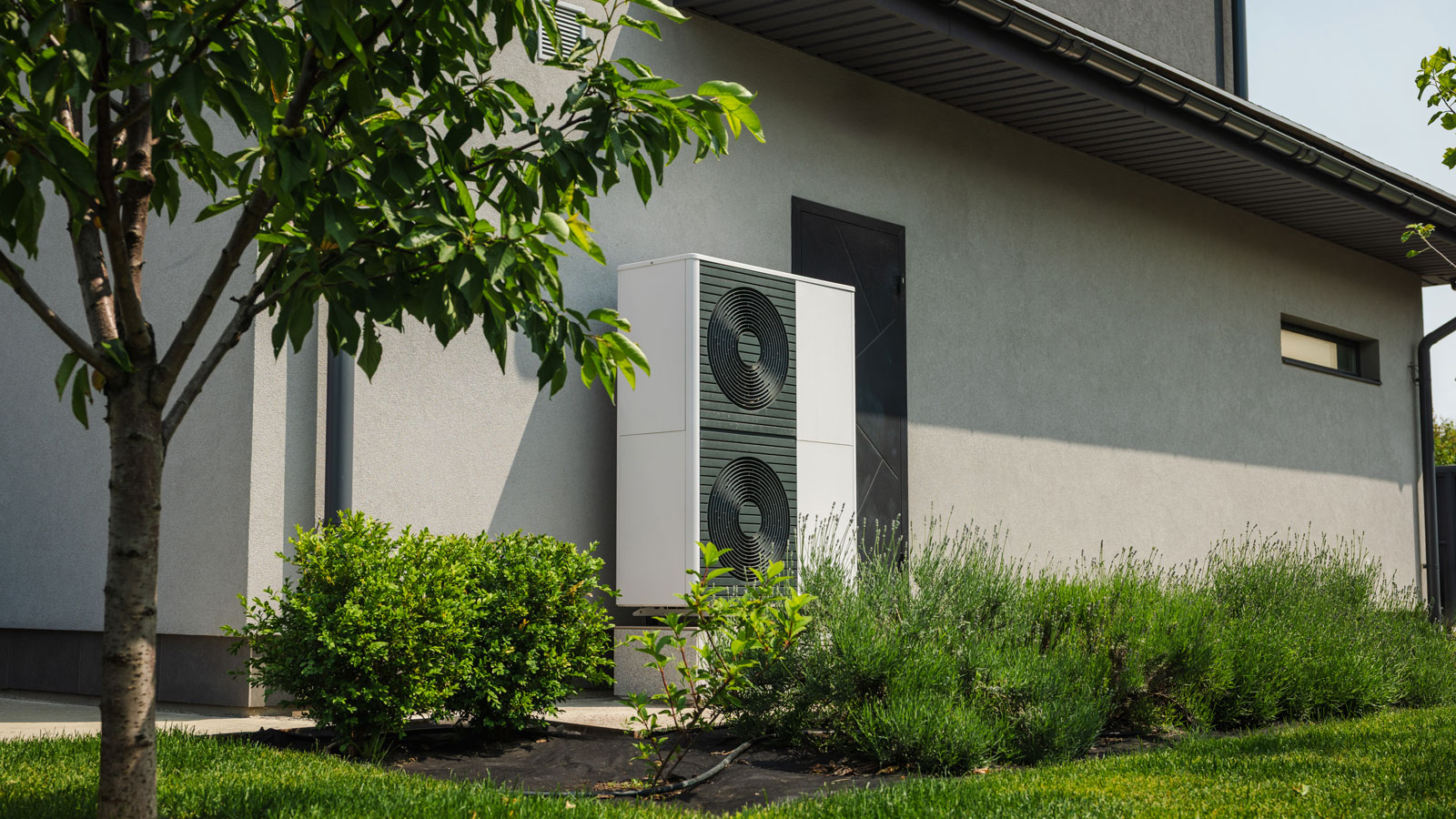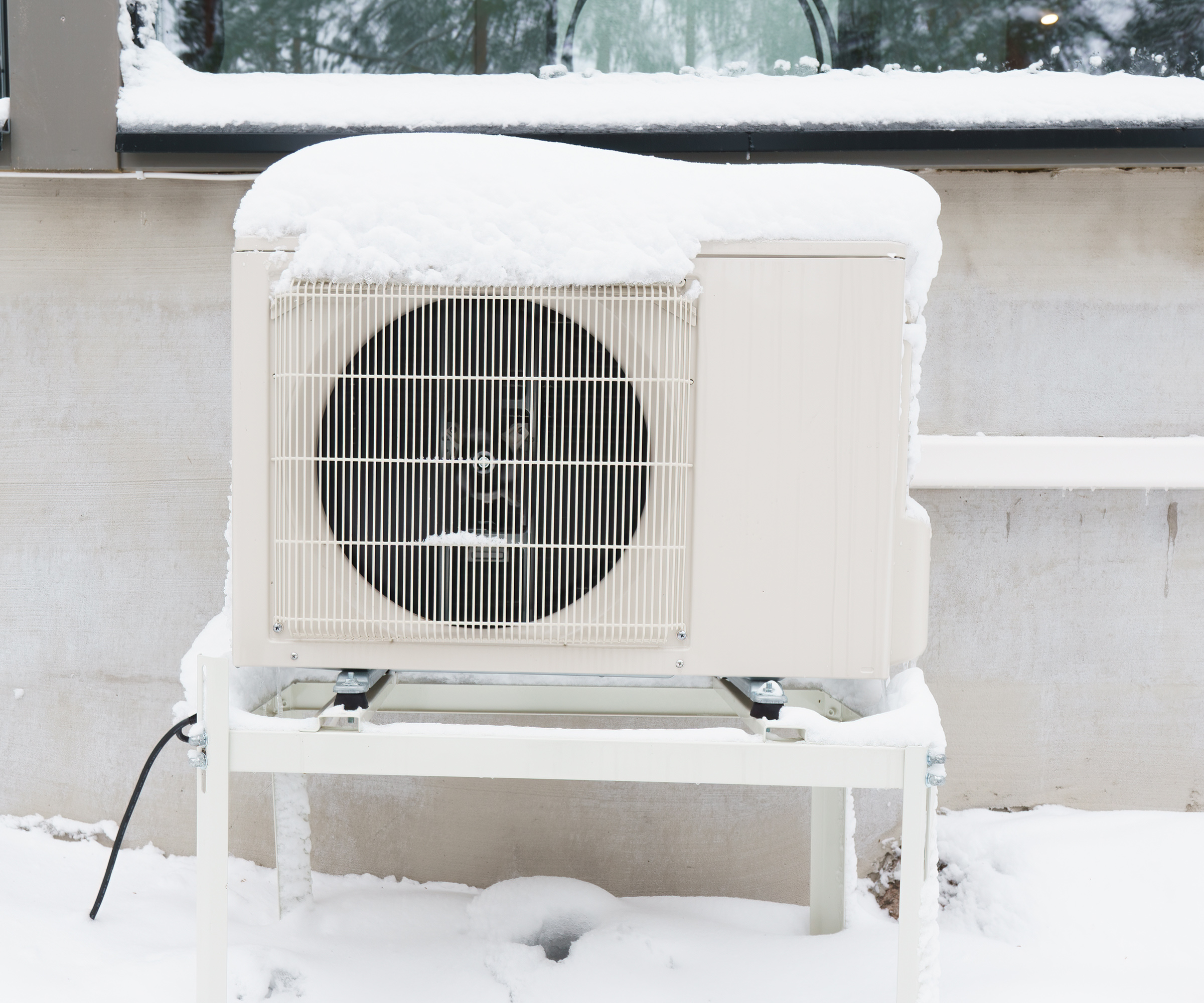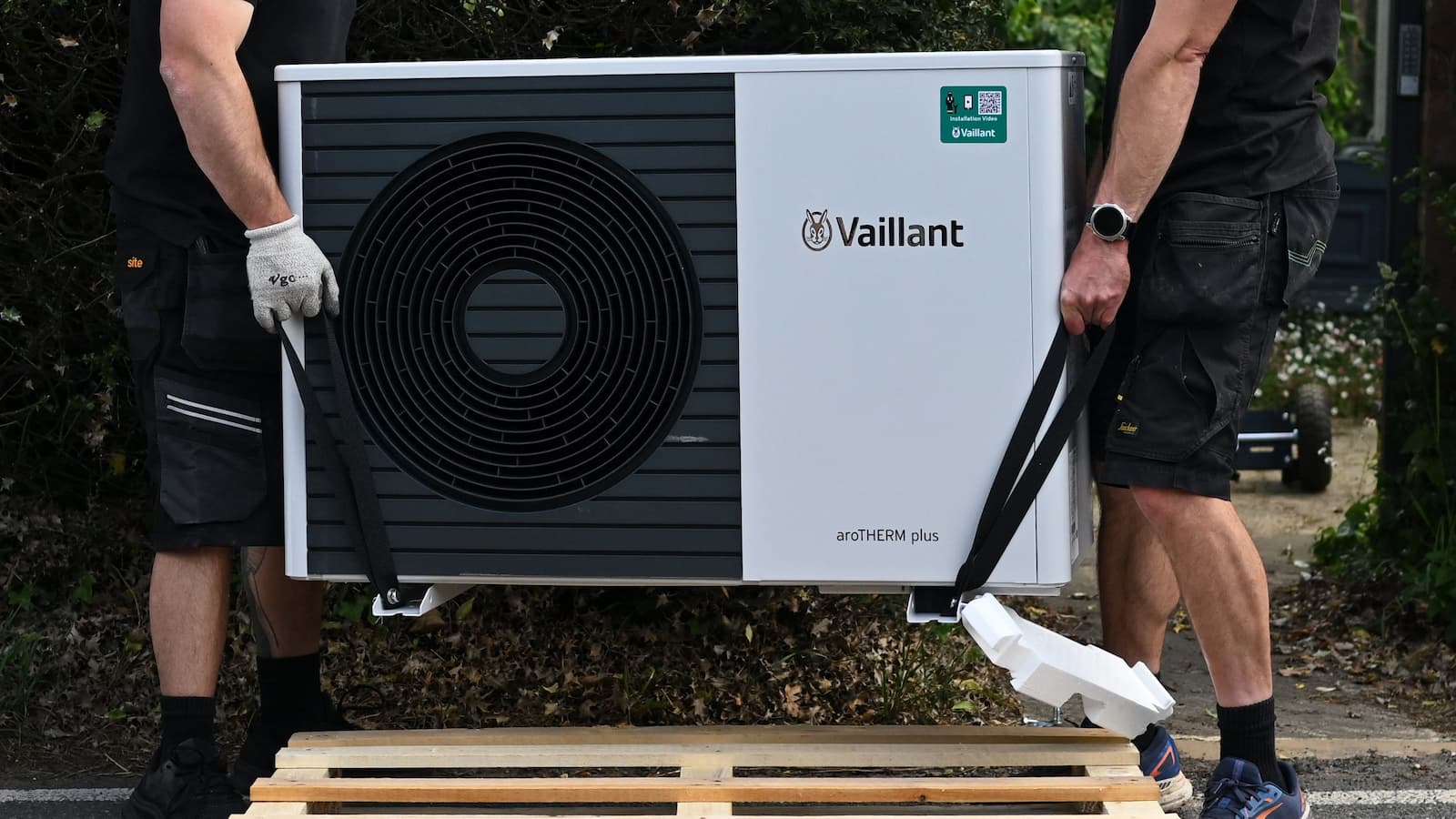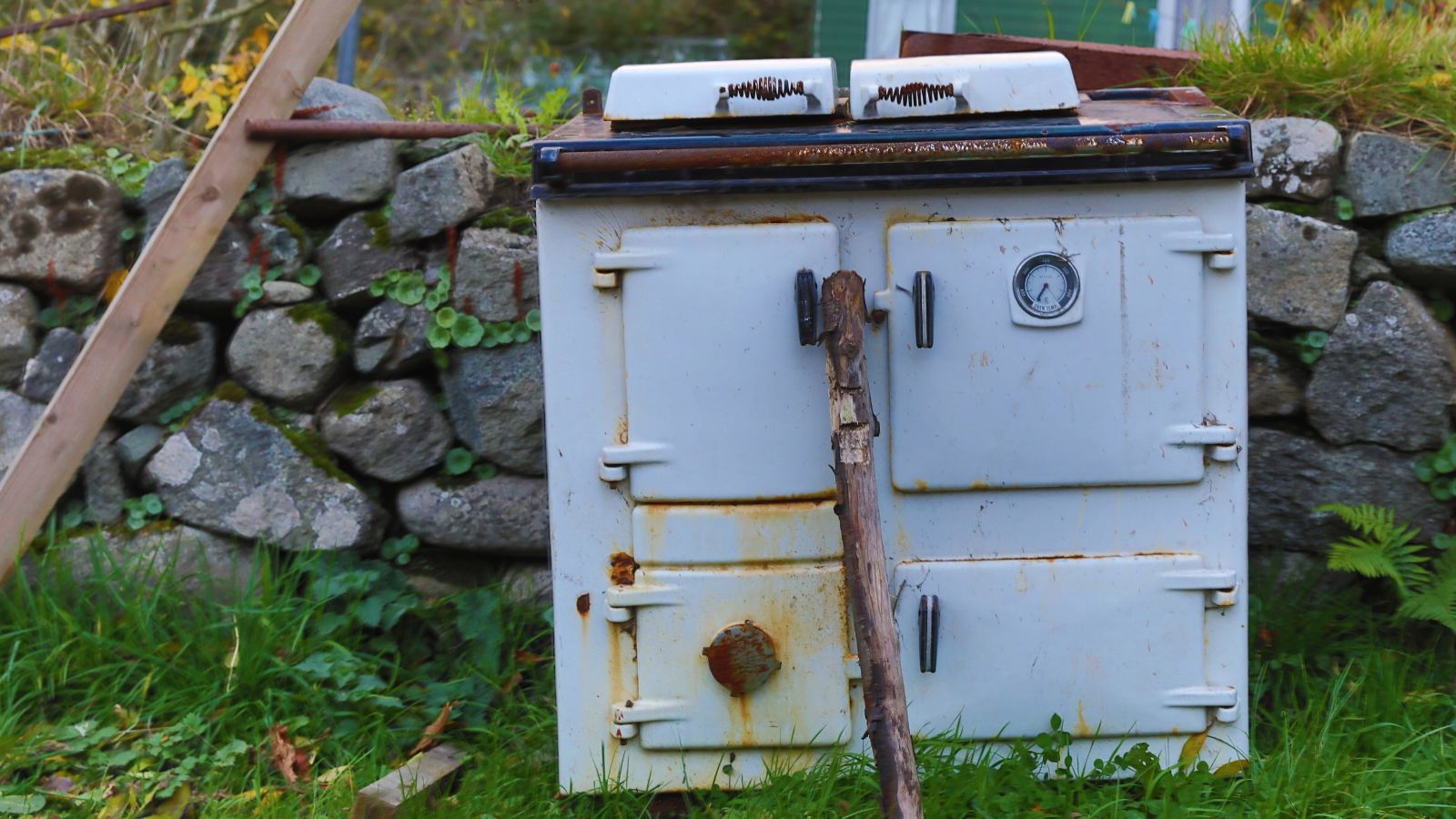5 things you probably didn’t know about heat pumps for Heat Pump Week 2025
Heat Pump Week (29 Sept–5 Oct) raises awareness of heat pumps’ role in cutting bills and carbon. Here are five surprising facts UK homeowners should know

Bring your dream home to life with expert advice, how to guides and design inspiration. Sign up for our newsletter and get two free tickets to a Homebuilding & Renovating Show near you.
You are now subscribed
Your newsletter sign-up was successful
This year’s Heat Pump Week (29 September – 5 October) arrives at a pivotal moment for the UK’s energy future.
With gas boilers being phased out in the coming years and heating accounting for a significant share of household emissions, awareness has never been more important.
The campaign aims to give homeowners clear, accessible information on - cutting through confusion to highlight what heat pumps can really deliver.
What is Heat Pump Week?
Heat Pump Week is a national awareness campaign led by industry bodies, installers and experts to promote understanding of heat pump technology.
Its purpose is to make the technology less daunting by sharing real-life case studies, data and expert commentary that show how heat pumps perform in practice.
Running every year in late September and early October, the week provides a platform to discuss policy, highlight government targets, and encourage households to explore whether their homes are suitable.
In 2024, nearly 100,000 heat pumps were sold in the UK - a 60% increase on the previous year - yet adoption still falls short of what’s needed to hit net zero goals. Heat Pump Week is about building the awareness over heat pump myths and confidence required to close that gap.
Bring your dream home to life with expert advice, how to guides and design inspiration. Sign up for our newsletter and get two free tickets to a Homebuilding & Renovating Show near you.
1. Most UK homes are suitable
Heat pumps aren’t limited to new builds or highly insulated modern homes.
According to industry data, more than 90% of UK properties - from period Victorian terraces to 20th-century semis - can accommodate a system if properly designed and installed.
Advances in installation methods mean retrofitting is easier than ever, and new planning rules have simplified the approval process in many areas.
This makes heat pumps a realistic option for millions of households who may have previously assumed they weren’t eligible.
2. They keep working in freezing conditions

One of the most common doubts around heat pumps is whether they can cope with cold weather.
Modern systems are designed with British winters in mind, and Daikin data shows they continue operating efficiently even at temperatures as low as –25 °C.
This ensures consistent warmth, even during cold snaps, without the need for backup heating. For households worried about resilience, this is an important reassurance.
3. They’re quieter than you think
Noise is often raised as a concern, yet most modern heat pumps are quieter than everyday household appliances.
Outdoor units typically operate at around 60 decibels - roughly the volume of a normal conversation - while indoor units run at about 30 decibels, which is softer than a whisper.
Units are also designed to blend into residential environments, meaning they can be installed without disrupting daily life or neighbourhoods.
4. They can cut energy bills over time

While installation is an upfront investment, the running costs can be significantly lower than gas boilers.
On a heat pump tariff, a typical four-bedroom home could save up to £690 per year compared with gas, which, over a 15–20 year lifespan, adds up to thousands in savings.
In the context of volatile energy prices, this long-term stability is increasingly valuable. Add in government subsidies and new tariff structures, and the financial case for switching grows stronger each year.
5. They do more than just heat
Heat pumps are often thought of as just a replacement for boilers, but their functionality goes further.
Air-to-water systems provide both heating and domestic hot water, while air-to-air systems can also cool homes in summer. Some advanced models integrate air purification technology, improving indoor air quality as well as comfort.
With the UK facing both colder winters and hotter summers, this year-round flexibility makes heat pumps a solution for all seasons.
Heat Pump Week is about raising awareness and helping homeowners make sense of the UK’s shift away from gas heating.
The facts show that heat pumps are suitable for most homes, efficient even in freezing weather, quieter than expected, and able to cut bills while delivering year-round comfort.
By spotlighting real-world performance and expert insight, the campaign provides homeowners with the information they need to make informed choices about the future of heating.

News Editor Joseph has previously written for Today’s Media and Chambers & Partners, focusing on news for conveyancers and industry professionals. Joseph has just started his own self build project, building his own home on his family’s farm with planning permission for a timber frame, three-bedroom house in a one-acre field. The foundation work has already begun and he hopes to have the home built in the next year. Prior to this he renovated his family's home as well as doing several DIY projects, including installing a shower, building sheds, and livestock fences and shelters for the farm’s animals. Outside of homebuilding, Joseph loves rugby and has written for Rugby World, the world’s largest rugby magazine.
